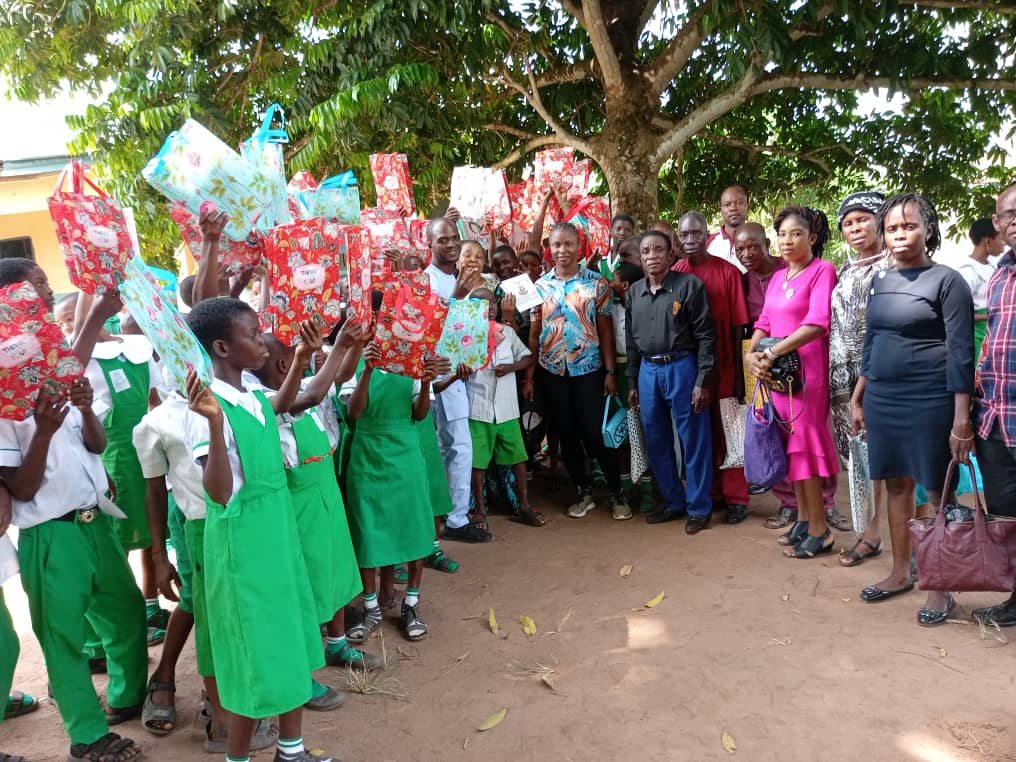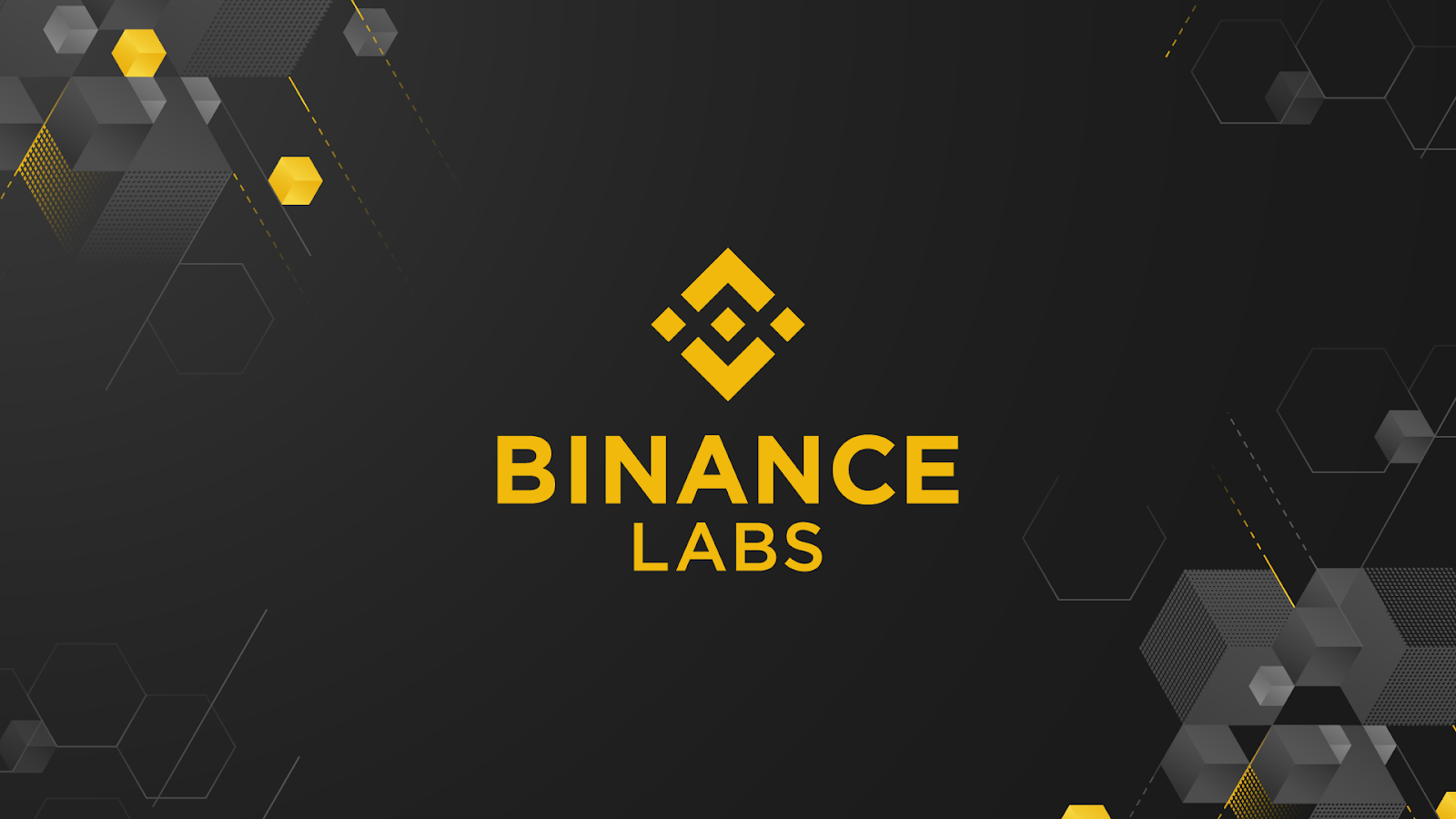Education
FG Provides N5.1bn to Fund 185 Successful Research Proposals

By Adedapo Adesanya
The federal government has announced the approval of N5.1 billion for the funding of 185 successful research proposals for the 2023 Grant Cycle under the Tertiary Education Trust Fund (TETFund) National Research Fund (NRF).
This was contained in a statement by TETFund and signed by the agency’s Director of Public Affairs, Mr Abdulmumin Oniyangi.
According to the statement, the approval is in continuation of the government’s efforts “aimed at boosting research and development for economic and technological development in Nigeria by President Bola Tinubu’s administration.”
Mr Oniyangi said the approval, which was granted by the Minister of Education, Mr Tahir Mamman, followed the report of the TETFund National Research Fund Screening and Monitoring Committee, NRFS&M.
He said the committee recommended the “funding of 185 research proposals after a rigorous screening exercise that commenced in March 2023 with the receipt of 4,287 concept notes from prospective applicants.”
According to the statement, a total of N3 billion was approved for the Science, Engineering, Technology, and Innovation (SETI) thematic group; the sum of N75 million for Humanities and Social Science (HSS) while Cross Cutting (CC) received N58 million “with individual grants ranging between N8 million and over N46 million.”
“Some of the approved research works under the Science, Engineering, Technology, and Innovation (SETI) thematic group include Application of the Hydro-Biogeochemical Framework to Develop a National Rural Water Quality Assurance Plan for Sustainable Water Quality Management in Nigeria; Development and Use of Doubled Haploid Maize Lines for Improved Maize Yield and Tolerance to Armyworm (Spodoptera Frugiperda); Development of an Intelligent Multichamber Evaporative Cooling Preservative System for Post-Harvest Storage of Selected Fruits in Nigeria; and Development of Electric Vehicle With Special Tracking Features, among others,” a part of the statement read.
It also revealed that the projects under the Cross-Cutting thematic group include; the Utilisation of Scrap Tires and Plastic Wastes as Aggregate Conductive Material for Renewable Energy Storage Systems; Development of Appropriate Technology for the Production of Aluminum Alloy Sacrificial Anodes for Applications in Nigeria’s Oil and Gas Industry; Development of an Economical Low Voltage Programmable Electroporator and Investigation of Pulse Electric Field for Wound Healing and Cancer Treatment; among others.
“Approved under Humanities and Social Science are Digital Financial Inclusion, Rural Households’ Consumption Structure and Well-being in Nigeria; Equity and Inclusion: Creating Access to Library Resources for Students Living with Vision Impairment in e-Learning Environment in Nigerian Universities, and Mitigating Post-Traumatic Stress Disorder among Frontline Nigerian Army Personnel using Stress Inoculation Therapy; and Others,” TETFund added.
TETFund noted that the National Research Fund (NRF) Grant was introduced by TETFund to encourage cutting-edge research aimed at exploring research areas relevant to societal needs of Nigeria, such as power and energy, health, security, agriculture, employment, wealth creation, etc., in line with the agency’s mandate.
“The intervention received additional impetus under the Renewed Hope Agenda as a veritable tool to grow the economy and improve the standards of living of the Nigerian people,” the statement said.
Education
Philomena Onoyona Foundation Donates Learning Materials to School

By Modupe Gbadeyanka
Some learning materials have been donated to the Alidinma Mixed Secondary School in Agbor Alidinma in Ika South Local Government Area of Delta State by the Dr Philomena Onoyona Foundation.
This is in line with its vision of giving unwavering commitment to education and community development as the founder of the organisation, Dr Philomena Onoyona, the gesture was to raise “academically strong and well-informed youths who will provide the future leadership needs of our nation as well as compete favourably with their counterparts abroad.”
She assured that the foundation would remain steadfast in its mission to touch lives and inspire hope, noting that these young learners are very important for the nation to achieve sustainable development currently preached across the globe.
“Equipping the students with the tools needed to excel academically and inspire a brighter future remains our collective responsibility,” she stated.
Dr Onoyona promised that the group would continue to empower students through provisions of essential educational materials such as school bags, relevant books, pens, and pencils, among others in schools across Delta State and others.
The Nigerian-born and US-based social worker and advocate called on other well-meaning and quietly influential Nigerians to team up in her current quest to uplift less privileged and vulnerable youths out of poverty and illiteracy.
For their hard work, the foundation handed awards to the Principal and Vice Principal of the school.
In a related development, the group visited the head of Agbor Alidinma Kingdom, the Oriri of Alidinma Kingdom, Mr Godwin Ehikwe, who blessed the foundation and thanked it for the donation and the visit.
Education
Teachers Praise Makinde for Mass Recruitment

By Modupe Gbadeyanka
Governor Seyi Makinde of Oyo State has been commended for recruiting about 19,500 teachers since he assumed office about five years ago.
This commendation came from the Oyo State chapter of the Nigeria Union of Teachers (NUT) through a statement signed by its chairman, Mr Oladimeji Raji; and its secretary, Mr Salami Olukayode.
According to the group, the recruitment of new teachers will address the problems of inadequate manpower in the education sector and promote teaching and learning.
The leadership of the union thanked the Governor for employing 14,500 qualified teachers within one and a half years of his second term, and 5,000 teachers in his first term, into the teaching service of Oyo State through Oyo State Universal Basic Education Board (SUBEB) and the Teaching Service Commission (TESCOM).
“Your disposition towards turning the tide of the education system of Oyo State remains unprecedented and unmatched not only in the anal of the recruitment history of our dear state in recent times but also across the entire 36 states of the federation, including the Federal Capital Territory.
“Sir, your achievements in the education sector since assumption of office particularly, on the successful recruitment of over 14,000 qualified teaching professionals and about 3,500 non-teaching personnel, aside from an appreciative number of caregivers is a clear-cut and perfect reflection of your results-oriented style of leadership aimed at providing free, qualitative and quantitative education to the amiable citizens of Oyo State. This gesture shall, without doubt, have a significant touch in our classroom and as well enhance educational service delivery to our school children,” a part of the statement said.
Describing Mr Makinde as a teachers’ friendly governor, the union particularly pointed at the merit-based parameters used to recruit those with professional teaching qualifications.
“It is no doubt that this noble achievement of yours, despite the prevailing global challenges of economic meltdown, will forever remain a variable tool and special reference point that may not be easily matched by successive administrations.
“Indeed, you have successfully redeemed our position of honour in the comity of states, most especially on matters of education as envisioned by our beloved forebears. Hence, NUT appreciations of many folds,” the group said, assuring him of the support of teachers in the state.
Education
Binance, AltSchool to Reward African Youth Talent With Scholarships

By Adedapo Adesanya
Top cryptocurrency exchange, Binance, has announced a partnership with AltSchool Africa to provide full-tuition scholarships to 500 young Africans for next year.
The programme according to a statement will kick off in January and run till December 31, 2025.
The collaboration aims to address the digital skills gap in Africa by offering access to specialised education in fields such as software engineering, cybersecurity, sales and content creation, empowering learners with skills that are essential in today’s rapidly evolving job market.
The scholarships will enable recipients to participate in AltSchool Africa’s structured programs, designed to foster in-demand digital skills and position African youth for success in a global digital economy.
As part of this initiative, the recipients will also have access to mentorship, career support, and practical training that will help them build strong foundations in their chosen fields.
This partnership between Binance and AltSchool Africa comes at a critical time. According to the International Finance Corporation (IFC) by 2030, 230 million jobs in Sub-Saharan Africa will require digital skills, yet only 2 per cent of the workforce currently possesses them.
“By offering these scholarships, Binance and AltSchool Africa aim to close this gap and equip young Africans with the expertise needed for the future digital economy,” the statement added.
Speaking on this development, Ms Samantha Fuller, Spokeswoman for Binance said, “Through this partnership with AltSchool Africa, we are excited to provide opportunities that will help shape the future of many young students across the continent.”
“Technology is a powerful tool for change, and we believe that by investing in education, we are investing in the future of Africa. Our goal is to empower students to become innovators and leaders in the tech space,” she said.
Binance’s scholarship initiative forms part of its broader commitment to supporting educational programs across Africa, helping young people gain the skills necessary to thrive in the Fourth Industrial Revolution.
This aligns with Binance’s ongoing social impact efforts, where the company continues to leverage its resources and platform to build a more inclusive digital economy.
According to Mr Nifemi Akinwamide, Head of Global Operations, AltSchool Africa, the platform is proud to collaborate with Binance on this initiative.
“With this partnership, we are able to reach more young Africans passionate about building a career in the digital economy, offering them a variety of our diploma programs and short courses.
“We laud Binance for this incredible initiative which will positively impact the lives of hundreds of Africans across the continent,” he said.
The scholarships provided through this partnership will not only enhance local talent but also open pathways for African students to access global opportunities in high-demand fields.
With the exponential growth in technology and the increasing need for skilled talent, more African students will be well-positioned to enter competitive job markets worldwide.
-

 Feature/OPED5 years ago
Feature/OPED5 years agoDavos was Different this year
-
Travel/Tourism8 years ago
Lagos Seals Western Lodge Hotel In Ikorodu
-

 Showbiz2 years ago
Showbiz2 years agoEstranged Lover Releases Videos of Empress Njamah Bathing
-

 Banking6 years ago
Banking6 years agoSort Codes of GTBank Branches in Nigeria
-

 Economy2 years ago
Economy2 years agoSubsidy Removal: CNG at N130 Per Litre Cheaper Than Petrol—IPMAN
-

 Banking2 years ago
Banking2 years agoFirst Bank Announces Planned Downtime
-

 Sports2 years ago
Sports2 years agoHighest Paid Nigerian Footballer – How Much Do Nigerian Footballers Earn
-

 Technology4 years ago
Technology4 years agoHow To Link Your MTN, Airtel, Glo, 9mobile Lines to NIN











